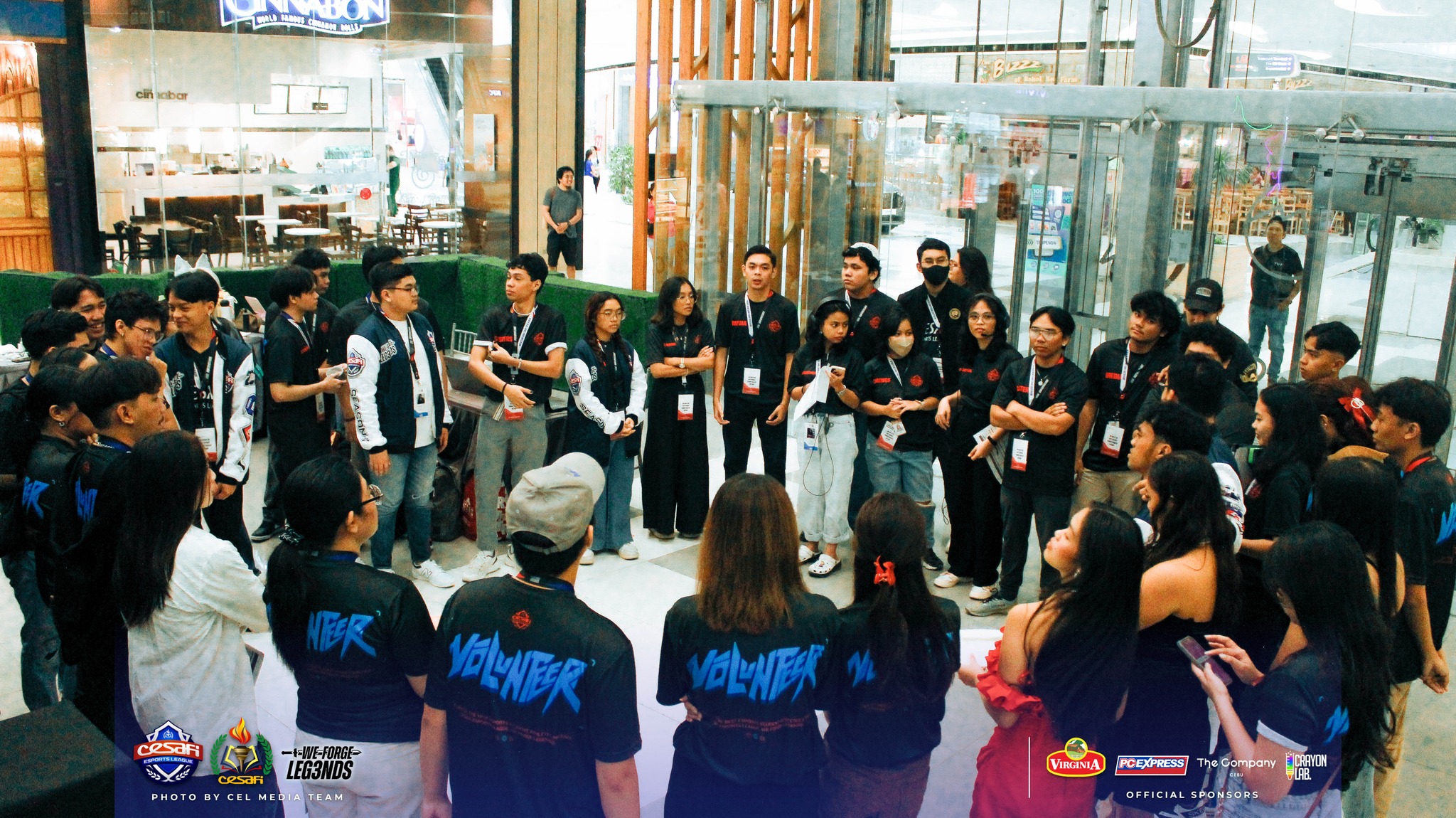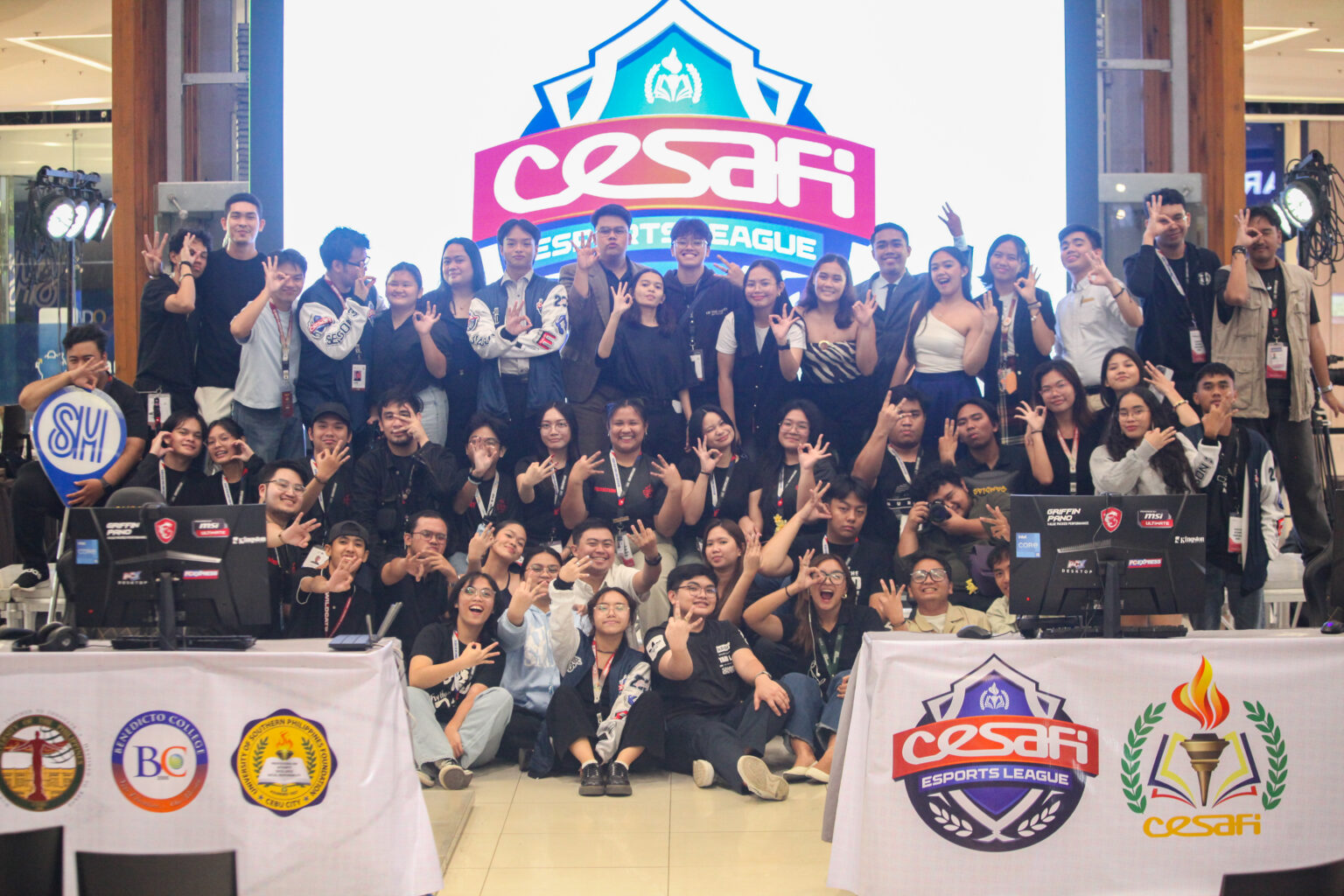
The journey of esports in Cebu was not without challenges. Initially, many schools and institutions were hesitant to embrace competitive gaming, fearing that it would negatively impact students’ academic performance. Concerns about gaming addiction, toxicity, and lack of career prospects made it difficult to gain institutional support.
However, a group of visionaries saw the potential of esports beyond entertainment. They believed that, like traditional sports, esports could foster discipline, teamwork, and strategic thinking among students. Determined to shift the perception, they launched the Cebu Esports League—a structured tournament aimed at legitimizing esports within the academic community.
“In the beginning, it was hard to convince schools to support esports,” shared Ryan Abarquez Balbuena, Executive Director of CESAFI and the Head of CESAFI Esports League. “Many thought it was just gambling or a distraction. But we worked closely with school officials, athletic directors, and educators to show them that esports could offer real benefits, including scholarships and career paths,” he added.
With persistence and a well-organized approach, the league successfully brought together students from various schools, competing in popular titles such as Mobile Legends: Bang Bang (MLBB) and Valorant.
As the esports league gained traction, it faced another challenge—convincing schools that esports could be balanced with academics. Many educators were still skeptical, fearing that students would prioritize gaming over their studies. To address these concerns, the league implemented academic requirements and discipline policies, ensuring that players maintained their grades while competing.
“We wanted to prove that esports is just like any other sport,” Ryan explained. “If students can be student-athletes in basketball or volleyball, why not in esports? We introduced scholarship opportunities and made sure students understood that education should always come first.”
This structured approach gradually changed perceptions. Schools that were once hesitant began to recognize the value of esports, and more institutions started participating in the league. With official guidelines in place, esports became a respected platform for students to showcase their talents while maintaining academic responsibility.
Esports in Cebu is more than just competition—it is also a gateway to various career opportunities. While many students dream of becoming professional players, others have found their passion in different aspects of the industry. The league has created opportunities for students to explore roles in content creation, broadcasting, event management, and graphic design.
“One of the most fulfilling things about this league is seeing students develop skills beyond gaming,” Ryan added. “Some have pursued careers in media production, marketing, and even coaching. Esports isn’t just about playing—it’s about building a future in the digital industry.”
The rise of esports has also encouraged the development of production teams, social media management groups, and event organizers within Cebu. Students who volunteer to be part of these teams gain real-world experience, preparing them for careers in esports-related fields.
With each passing season, Cebu’s esports community continues to grow. More schools are joining tournaments, sponsors are showing interest, and the local government is beginning to recognize the industry’s potential. The success of Cebuano players in national and international tournaments has also boosted the city’s reputation as an esports hub.
In the coming years, Cebu is expected to produce more competitive players, talented content creators, and experienced industry professionals. The increasing support from educational institutions and businesses suggests that esports is not just a trend—it is a sustainable industry with long-term growth potential.
For young gamers hoping to turn their passion into a profession, the message is clear: discipline, balance, and perseverance are key.
If you want to succeed in esports, you need to treat it like a real sport. Practice is essential, but not at the expense of your studies. You have to stay disciplined, and to always uphold good sportsmanship. Esports is a great opportunity, but it requires hard work just like any other career.
As Cebu’s esports community continues to evolve, one thing is certain—what was once a niche hobby is now a thriving industry. With its rapid growth, structured tournaments, and increasing acceptance, Cebu is on its way to becoming a powerhouse in the esports world. The future is bright for aspiring gamers, and the next generation of Cebuano esports professionals is ready to take on the global stage.



